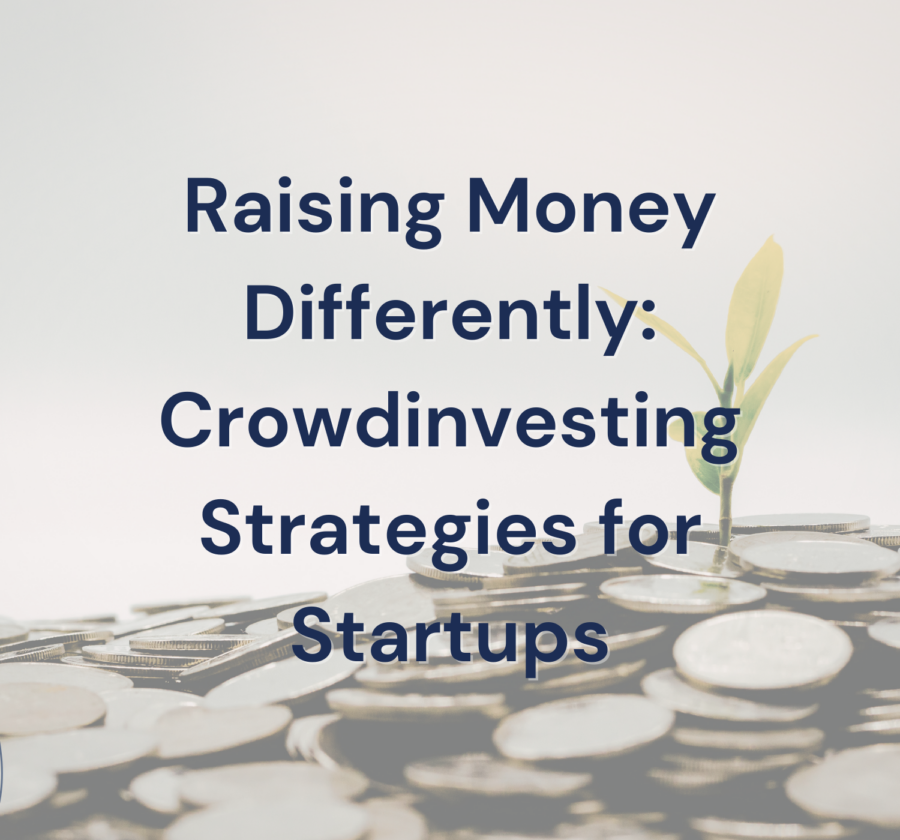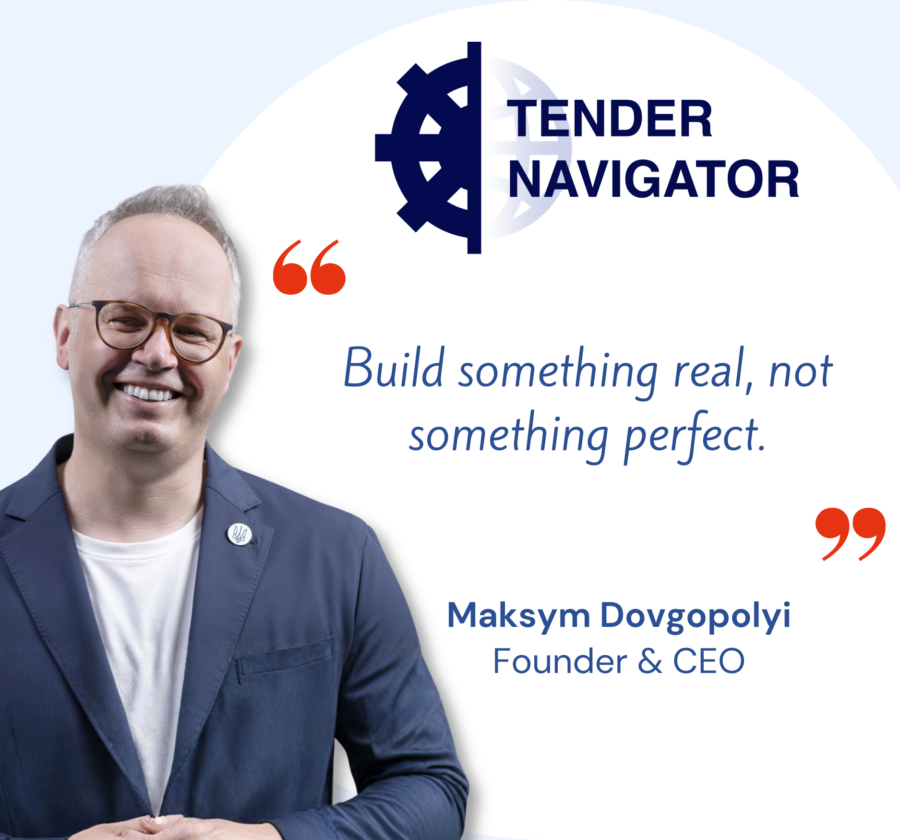
Strategic Shifts Uncovered: What it really takes to scale a company
Scaling sounds exciting until the real work starts. In this session, Maren Schlieper, Head of Strategy at HudsonGoodman AG, Scaleup Coach at Innosuisse, and Board Member at Medudoc AG, shared what actually happens behind the scenes of high-growth companies. From investor pressure to cross-border expansion and internal chaos, she laid out the strategic shifts that every scaleup goes through, and what to do about them.
The hype is not the hard part
Every startup begins with a rush of excitement. Opportunities abound, investors show interest, and the press is eager to share your story. Eventually, the so-called ‘honeymoon’ phase ends, and the real challenge begins: growth. At this stage, it’s no longer just about ambition or big ideas, it’s about execution. It’s about building something that continues to function when things get complicated, unpredictable, and real.
What Actually Breaks as You Grow
- Shift 1: Too many initiatives, no prioritization
When everything is a priority, nothing gets done. Maren shared a story about discovering that one employee was assigned to 7 parallel projects. That’s not scale, that’s chaos. Without early structures for project management, quality slips, deadlines stretch, and teams burn out. - Shift 2: Big funding rounds mean big expectations
Raising a massive round might feel like a win, but it fundamentally changes the game. Investors expect results, fast. Some may push for bold moves that don’t align with your core vision. It’s a reminder that the ability to do something doesn’t always mean it’s the right move. Staying aligned with your core strategy is more important than chasing growth for its own sake. - Shift 3: International expansion is a restart
Entering a new country isn’t just a copy-paste move. Every market is different, and you need to revalidate product-market fit from the ground up. What worked at home might fail abroad. Even though expansion is exciting, cultural nuances, local competitors, and user behavior should be taken into consideration. - Shift 4: Your role as a leader changes
As the team grows, founders stop doing the work themselves, and they start representing. That transition can feel disorienting, especially for founders who are natural doers. However, stepping back from operations isn’t optional, it’s necessary. Scaling upwards means letting go of control to empower others, even if it feels uncomfortable at first. - Shift 5: Plan for the unexpected
Unexpected challenges are part of any scale-up journey. Market changes, investor pressure, team departures, and even global events can throw your plans off course. Success rarely comes from having the perfect roadmap. It comes from the ability to adjust when circumstances shift.
As a startup founder, your response sets the pace for the entire team. If you hold onto a strategy simply because it once felt right, you risk dragging the company down with it. Flexibility isn’t a fallback plan; it’s a core part of leading through growth.
What You Need to Build Early
The advice was practical. Founders need systems, not just goals.
- Start with evidence
Don’tt make major decisions based on who has the best pitch deck. Build a process that distinguishes ideas from real signals. Know how much risk is involved and how much proof you need. - Stop zombie projects early
If something is not working, cut it. The cost of dragging dead weight is too high when moving fast. - Build basic governance
Governance isn’t about slowing down, it’s about creating clarity. It means setting clear cadences, sharing OKRs, and making sure everyone understands what matters and how their work contributes to the bigger picture. Without that structure, teams lose direction, priorities blur, and momentum is lost. - Communicate like it matters. Because it does.
Most employees don’t fully understand the company’s strategy – not because they can’t, but because it’s rarely explained in a way that connects to their work. As a startup founder, your job is to translate high-level strategy into clear, actionable language for each part of the business.
Sales needs one version of the story. Product needs another. Marketing, tech, and operations each require a different lens. When people understand why they’re doing something – not just what – they bring more focus, creativity, and ownership to the work.
Final Thought
As Maren highlighted, scaling a startup is a journey of uncomfortable shifts, and that’s exactly why it works. Staying in your comfort zone won’t build resilience. Growth happens when you keep moving forward, even when the path is uncertain and the challenges are tough. The companies that succeed are the ones that develop the ability to adapt and keep evolving.
Catch the Full Webinar Replay! Visit our Education Session Library to watch the full session and download the slides – free for all Swiss Startup Association members.
Not a member yet? Explore our membership benefits and join the community that empowers Swiss startups!
Don’t miss out on the latest news and events. Subscribe to our newsletter and stay up to date.


